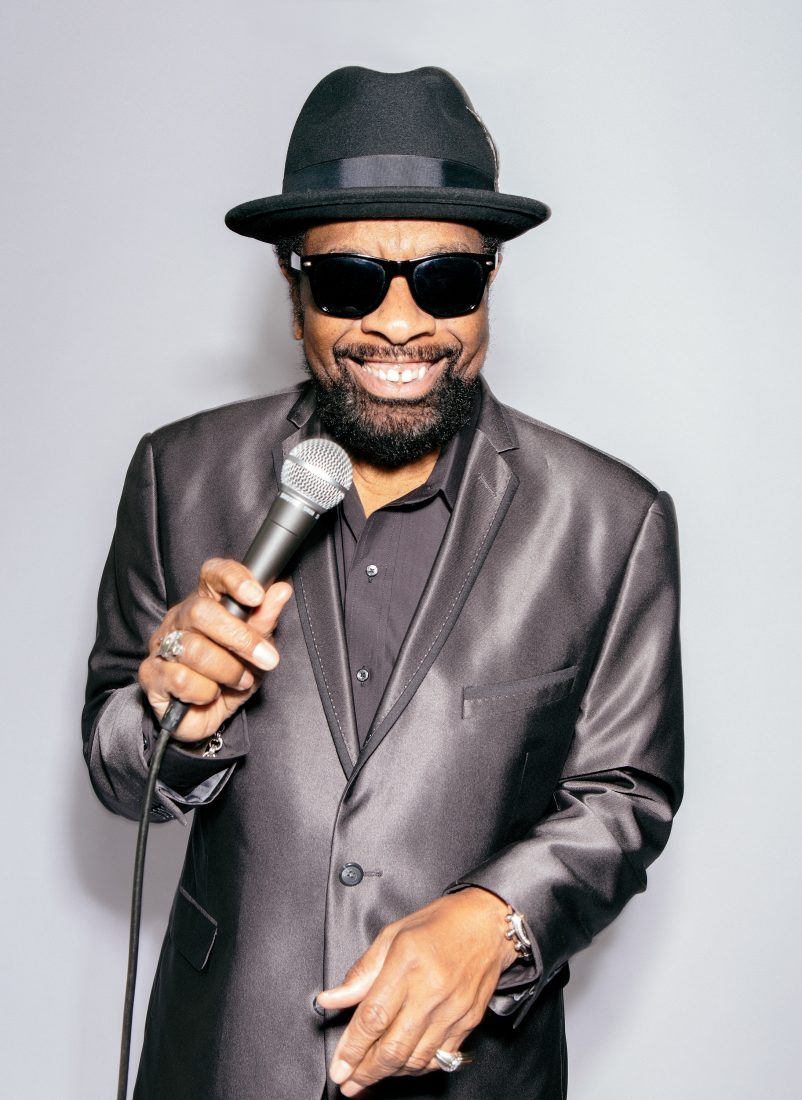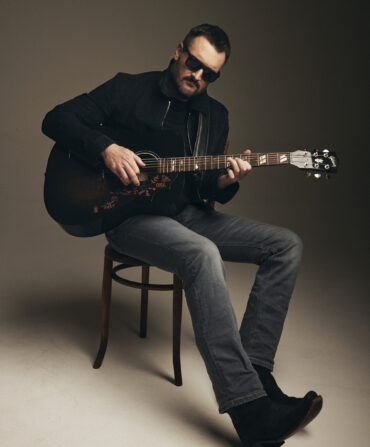James Brown had the squeal and Otis Redding the occasional raw howl, but William Bell has the rich, smooth voice that can melt a tub of butter. In soul music, sometimes less can be more. That’s never been clearer than on Bell’s latest release, the sublime This Is Where I Live, with his nimble phrasing coaxing every nuance out of the sparse but still groove-driven arrangements. It’s the perfect encapsulation of a career full of high points but not necessarily afforded the wide acclaim his songs deserve.
Bell was among the first artists signed to the legendary Stax Records in the early 1960s, and This Is Where I Live marks his return to the label for his first Stax record in more than forty years. “It’s surreal to be on Stax,” he says from his Atlanta office. “But it’s good to be home again.” Bell wrote one of the label’s early successes, his 1961 debut, “You Don’t Miss Your Water.” He then spent a few years in the army before returning to cowrite with Stax’s bandleader, Booker T. Jones, penning several hits for himself, including “Every Day Will Be Like a Holiday” and “I Forgot to Be Your Lover,” as well as “Born under a Bad Sign” for Albert King, which is arguably one of the greatest blues songs ever recorded.
Bell moved to Atlanta in the 1970s, and after Stax folded for a time, he scored a major hit for Mercury Records (“Tryin’ to Love Two”), going on to focus on the business side of music as well as acting. “I wanted the parts that Sidney Poitier was getting,” he says, laughing. “But all I was offered were hustlers and pimps.”
For his return to Stax, Bell teamed up with John Leventhal, a premier multi-instrumentalist, best known for his work with singer-songwriters such as Rodney Crowell, Jim Lauderdale, and his wife, Rosanne Cash. Though he travels mainly in the Americana world, Leventhal has a deep appreciation for soul music, and he and Bell clicked, crafting simple, elegant songs that pack an emotional wallop.
“I feel vulnerable sometimes, but I’m for truth and I write about life,” says Bell, who is now seventy-six. “I’m a people watcher. Sometimes the songs are hypothetical, but I also want them to be universal.” “I Will Take Care of You” is an aching promise by Bell to a friend who was seriously ill and fearful of being alone. “The Three of Me” builds on a classic Memphis groove with flourishes of horns, and his reworking of “Born under a Bad Sign” burns with a slow growl and fresh depth. “There’s a dignity and restraint in what he does,” Leventhal says. “You can feel the poet lurking behind the facade of soul music. You have to come in a little bit with William. There’s a subtlety going on there that is just the bomb.”
One of the last remaining soul pioneers, Bell says he’s never felt better, spending much of his time when he’s not working in the Bahamas, fishing and eating conch salad. “I’m like the Energizer Bunny,” he says. “Most of my people, they’re long gone. But I’m still standing, enjoying what I’m doing. I love performing for people.”








